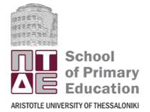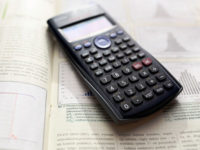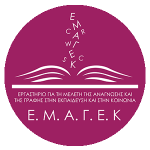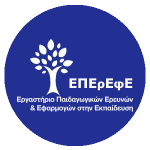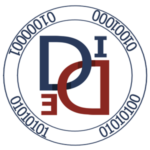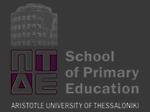
Desli Despoina
Professor
Department of Sciences & New Technologies
Didactics of Mathematics
Office 909
Monday 10:00 – 12:00, Tuesday 12:00 – 14:00
+30 2310 991234
ddesli@eled.auth.gr
Dr Despina Desli is currently Professor in “Didactics of Mathematics” at the School of Primary Education, Department of “Science and IT”. She has graduated from the Aristotle University of Thessaloniki, School of Education and has an MA and a PhD from the University of London, Institute of Education, UK. Prior to her current position, she had been appointed as Assistant Professor in Mathematical Reasoning at the Democritus University of Thrace, School of Education Sciences in Pre-School Age.
Her publications include book chapters, articles in scientific journals as well as articles in international and Greek conferences. She has numerous oral presentations at conferences in Greece and abroad. She has worked on research projects in both primary and secondary schools concerned with mathematics education and in-service teacher training. She is a member of scientific associations and a member of scientific journals’ editorial board.
Her main research interests concentrate on mathematics learning and teaching, mathematical reasoning (children’s conceptions and strategies), mathematical creativity, manipulative use in teaching mathematics, and teacher mathematics education.
- Desli, D., & Dimitropoulos, P. (2022). Investigating volume estimation performance and strategies of 6th Grade children and adults. International Journal of Mathematical Education in Science and Technology. DOI: 10.1080/0020739X.2022.2094295
- Deslis, D., & Desli, D. (2022). Does this answer make sense? Primary school students and adults judge the reasonableness of computational results in context-based and context-free mathematical tasks. International Journal of Science and Mathematics Education. https://doi.org/10.1007/s10763-022-10250-0
- Desli, D., & Lioliou, A. (2020). Relationship between computational estimation and problem solving. International Electronic Journal of Mathematics Education, 15(3). https://doi.org/10.29333/iejme/8435
- Desli, D. & Giakoumi, M. (2017). Children’s length estimation performance and strategies in standard and non-standard units of measurement. International Journal for Research in Mathematics Education, 7(3), 61-84.
- Desli, D. (2015). Cooperative learning in primary school mathematics: Identifying teachers’ and children’s interactions for creating classroom communities. In: G. Grollios, A. Liambas & P. Pavlidis (Eds.). Proceedings of the IV International Conference on Critical Education ‘Critical Education in the Era of Crisis’ (Vol. 2, pp. 180-189). Available: http://www.eled.auth.gr
- Desli, D. & Zioga, M. (2015). Looking for creativity in primary school mathematical tasks. In: Krainer & N. Vondrova (Eds.). Proceedings of the 9th Congress of the European Society for Research in Mathematics Education (pp. 989-995). Czech Republic: Prague.
- Desli, D. & Dimitriou, A. (2014). Teaching mathematics and science in early childhood: Prospective kindergarten and primary school teachers’ beliefs. Review of Science, Mathematics and ICT Education, 8(2), 25-48.
- Desli, D. & Loukidou, H. (2014). Addition and subtraction word problems in Greek Grade A and Grade B mathematics textbooks: distribution and children’s understanding. International Journal for Mathematics Teaching and Learning. Available:cimt.plymouth.ac.uk/journal/desli
- Howe, C., Nunes, T., Bryant, P., Bell, D. & Desli, D. (2010). Intensive quantities: Towards their recognition at primary school level. British Journal of Educational Psychology – Monograph Series ΙΙ, Number 7, Understanding Number Development and Difficulties, 101-118.
- Desli, D. (2010). Young children’s organization and understanding of data in everyday mathematics situations. In: B. Maj, E. Swoboda & K. Tatsis (Eds.). Motivation via natural differentiation in mathematics (pp. 259-267). Rzeszowskiego: Wydawnictwo Universytetu.
- Nunes, T., Desli, D. & Bell, D. (2003). The development of children’s understanding of intensive quantities. International Journal of Educational Research, 39, 651-675.
